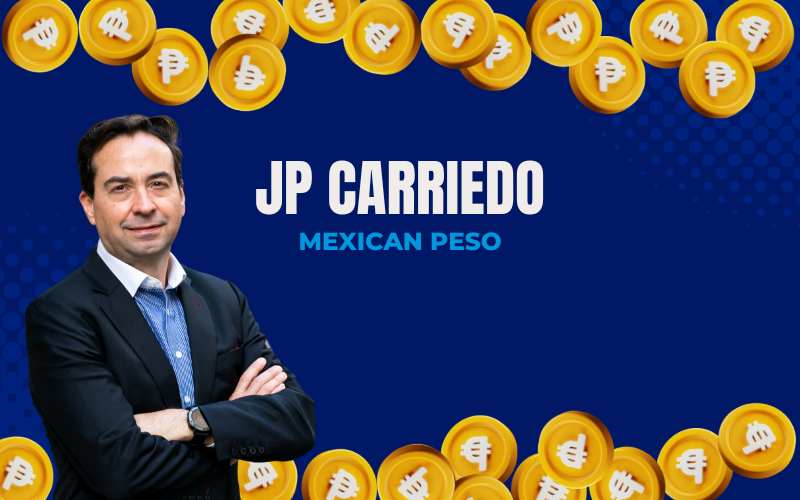The banking-as-a-service model is changing, and fintechs that move money must be prepared. The FDIC recently introduced a proposed rule that will further affect bank-fintech relationships, putting banks squarely in its crosshairs.
This rule would require banks to maintain ledgers of “for benefit of” (FBO) accounts opened by third-party fintechs. It would specifically affect banks that do not currently ledger their FBO/OBO accounts and their existing fintech clients. According to the announcement, FDIC-insured banks holding certain custodial accounts, such as FBO accounts, would be required to implement ledgers that more accurately track where money is and how much is being held on behalf of their end customers, with the ability to reconcile these records daily.
This rule is a positive step in providing soundness to the fintech ecosystem. Ledgering and reconciliation are critical components of money movement, and from an operational and compliance perspective, bank-managed ledgers create efficiencies for the fintech and improve processes across the board. However, integrating various fintech-level transaction information into a bank ledger will not be easy. While banks are obligated to ledger as part of their AML/KYC requirements, many rely more heavily on fintechs to confirm the accuracy of the ledger details than they should.
As banks work to correct this overreliance, it could lead to service disruptions and additional administrative tasks for both parties.During the adjustment period, some may exit the system altogether. Banks that want to continue offering such partnerships but lack the necessary infrastructure will face a decision on whether to develop the infrastructure in-house or partner with or acquire a third-party solution that has the necessary infrastructure already in place. For fintechs, this could lead to an increased focus on operational redundancy to avoid the disruption that reliance on a single provider would create.
Getting prepared
In the face of this and future regulations, fintechs should evaluate their existing partnerships using a framework that considers their operations and needs. While fintechs require different things from banking partners, depending on company size, scope and function, there are common characteristics that should be evaluated. Below are four factors I recommend using:
1. Does your partner have gaps in their product offer?
There may be products on your roadmap that are either not offered or less competitive than a third-party solution. Under the proposed ruling, it is critical to understand your partner’s position regarding third-party integrations and the requirements to maintain compliance with added ledgering complexity. Finding best-in-class solutions is essential for a fintech to maintain its competitive edge.
Limitations on a partner should not prohibit you from continuing to drive operational excellence. In my experience, the earlier you can begin conversations, the better the process and outcome. Introducing a conversation between the two partners can help streamline the process. Openness and transparent communication with your partner are key to success. Starting the process before the ruling goes into effect can avoid potential pitfalls.
2. Does your partner manage their own AML/KYC onboarding?
Typically, only the fintech conducts AML/KYC screening in an FBO partnership. Banks generally rely on the fintech’s payment details to gain visibility into the originator’s information for payments and compliance. This can lead to delays or even payment rejections without a clear explanation if the bank flags a transaction or originator. Partners that handle their own AML/KYC screening ensure a more seamless onboarding process, reducing friction and mitigating potential delays or rejections, ultimately providing customers with a more streamlined payment experience.
3. Does your partner prioritize agility without compromising stability?
In fintech, maintaining agility is crucial—not only to keep up with technological advancements but also to stay ahead of fraudsters. Your partner should also be agile, enabling you to pivot swiftly and adjust your approach to emerging challenges or opportunities.
Partnering with smaller systems, such as Money Service Businesses (MSBs), can provide this level of agility. Unlike large banks, MSBs often move faster, offering quicker onboarding and integration of solutions. Additionally, smaller partners tend to provide more personalized service, with dedicated staff for development and technical support, ensuring that your fintech can respond swiftly to any operational needs without compromising stability or security.
4. Does your partner have strong customer support systems in place?
When payment issues arise, the ability to directly engage with a human in customer support is crucial. Partners that make it clear that they provide accessible and responsive customer service instead of leaving customers dependent on the fintech’s communication with the bank deliver a smoother overall experience, fostering greater customer trust and satisfaction.
As regulations increase, this FDIC rule is set to play a critical role in how both banks and fintechs manage their partnerships. This is a critical moment for fintechs to reevaluate whether their financial partner is best suited for their needs and if redundant systems should be implemented. By taking a few moments to consider how your partnership is working for you, fintechs will be better prepared for long-term success.






